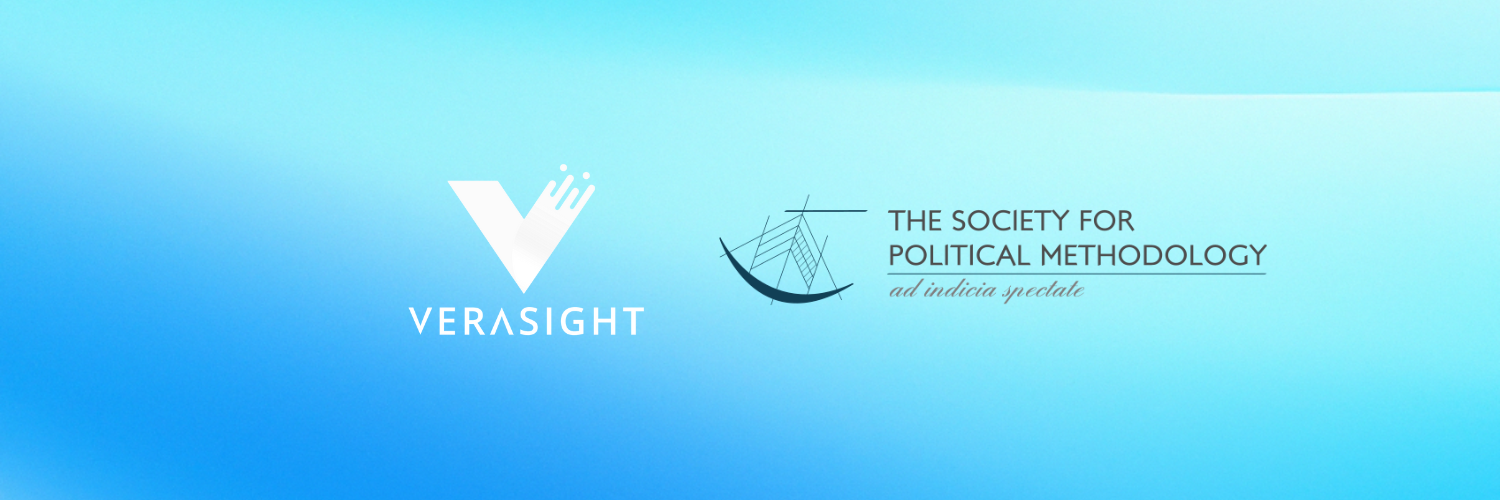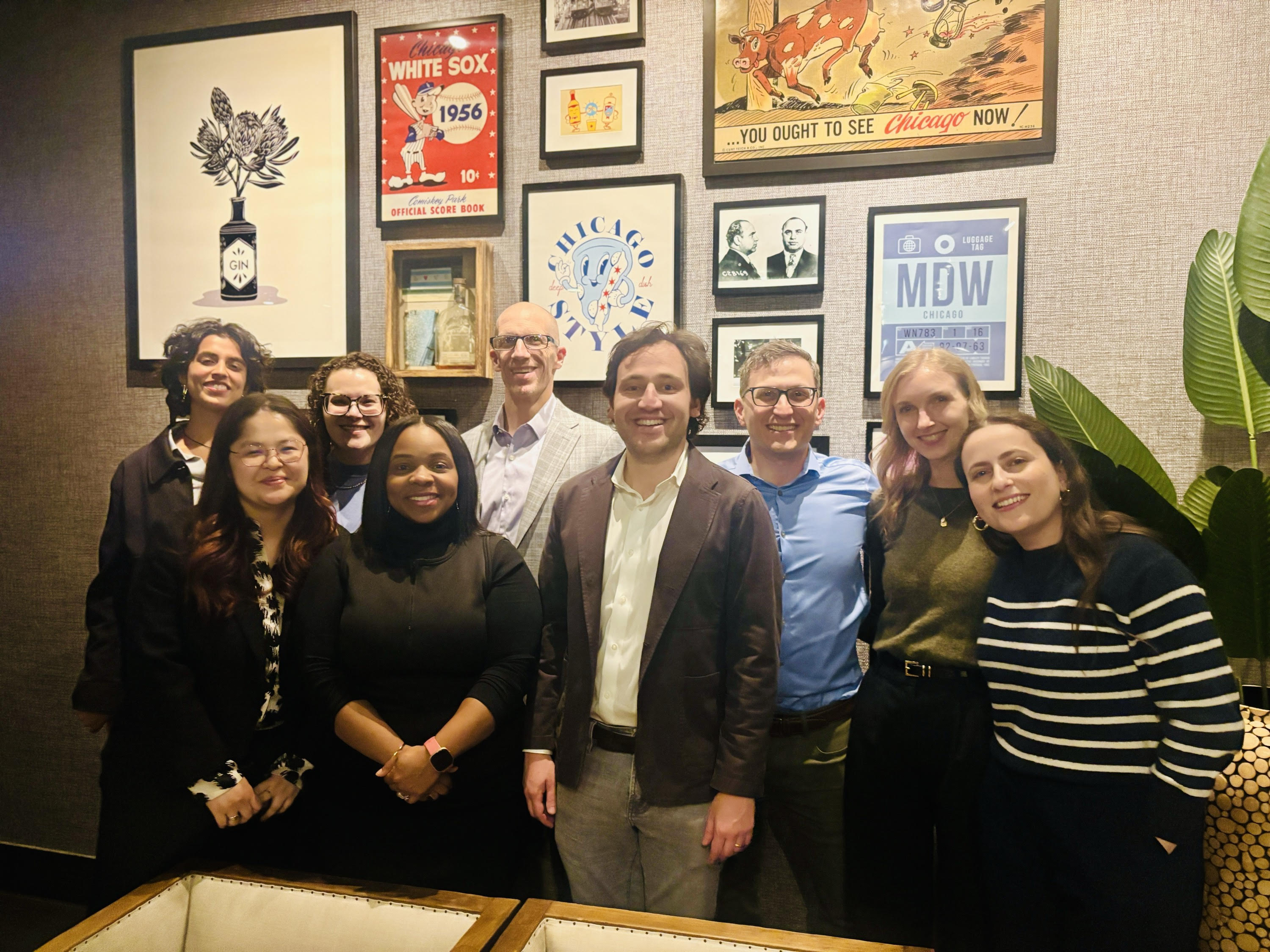Verasight recently concluded an opportunity that allowed students, nonprofits, and early career professionals to actively shape three nationally representative omnibus surveys fielded to Verasight’s proprietary panel of respondents. We opened the door for over 30 researchers and research teams, representing more than 25 institutions, to contribute up to 5 questions each to at no-cost. All researchers received weighted individual-level data, including demographic variables, as well as a full methods report. The data will be archived at the Roper Center for Public Opinion Research to ensure that other researchers can also benefit from the results in these surveys.
While Verasight had previously offered free survey questions at conferences such as APSA and AAPOR, this initiative marked our inaugural opportunity for students, nonprofits, and early career professionals to add a series of questions to a survey. Past contributors have used similar opportunities to publish articles, including two recent publications in Astropolitics and The Free Inquiry Papers.
What kinds of questions did researchers ask on Verasight’s Free Interdisciplinary Omnibus Survey?
Across the three surveys, the early career, student, and nonprofit researchers asked more than 150 questions. Below we highlight a few findings.
Rongbo Jin, University of Arizona
Gen Z adults and Millennials demonstrate a shared outlook in their perspectives, both expressing a high level of agreement (around 50% for both age groups, respectively) with the statement about gains and losses in life. In contrast, Boomers and those older in age, express only 23% agreement, showcase a tendency against skepticism.
Kengthsagn Louis, Stanford University
The survey findings on experiences of discrimination in medical care reveal disparities among different racial and ethnic groups. Black respondents report a significantly higher rate of discrimination, with 35% answering affirmatively, compared to 15% of White respondents. Hispanic individuals also report a notable incidence at 25%, while the "Other" category falls in between White and Hispanic individuals. These results highlight a concerning pattern of disparities in healthcare experiences based on race and ethnicity.
Dr. Borges Monroy, Independent researcher
Dr. Borges Monroy writes about these results, "Tech companies are increasingly fighting regulation attempts from both sides of the aisle. They point to people's use of their services as evidence that users to do not care about how their data is used. But survey results indicate a bipartisan concern in online privacy. Republicans express a stronger agreement with the statement, with 56% strongly agreeing, as opposed to 44% of Democrats and 39% of Independents, but additional tests show that the higher rates of Republican concern are not statistically different from Democrats or Independents."
CEO Ben Leff and Chief Data Scientist Peter Enns founded Verasight to democratize access to high-quality and transparent survey research. Verasight is a member of the AAPOR Transparency Initiative and archives non-customer data at the Roper Center for Public Opinion Research.
Verasight is trusted by institutions such as Harvard Medical School, Duke University, Boston University, Columbia University, government agencies like the California Air Resources Board and the Internal Revenue Service, as well as media organizations such as Bloomberg and The Los Angeles Times.
This opportunity not only empowered individuals and entities to actively contribute to a national survey but also provided them with invaluable insights and resources to propel their research endeavors and early careers.
Complete List of Contributors:
Shyam Sriram, Canisius University
Isadora Borges Monroy, Independent researcher
Amanda Austin, University of Houston
Adam Hobbes, University of California Riverside
Samantha DeRagon, University of Iowa
Adrien Halliez, Wake Forest University
Christoffer Dausgaard, University of Copenhagen
Jonathan Schulman, Northwestern University
Jennifer Wu, Stanford University
Sean Peters, Stanford University
Emily Jackson, Cornell University
Kengthsagn Louis, Stanford University
Hayley Cohen, Columbia University
Alexander Ross, University of California Riverside
Matthew Bergman, Corvinus University
Rongbo Jin, University of Arizona
Anna Lee Hirschi, George Washington University
Peter Francia, East Carolina University
Katie Krumbholz, Rutgers University-New Brunswick
Spencer Goidel, Auburn University
Siegfried Manschein, European University Institute (EUI)
Minhye Joo, University of California Riverside
Sean Doody, University of Maryland College Park
Warren Snead, Swarthmore College
Emerald Fikejs, Stanford University
Laura Barre, Cornell University
Sam Frederick, Columbia University
Ryan Cho, Meta
Nicole Huffman, Stony Brook University
Brendan Hartnett, Carnegie Endowment for International Peace

.jpeg)



